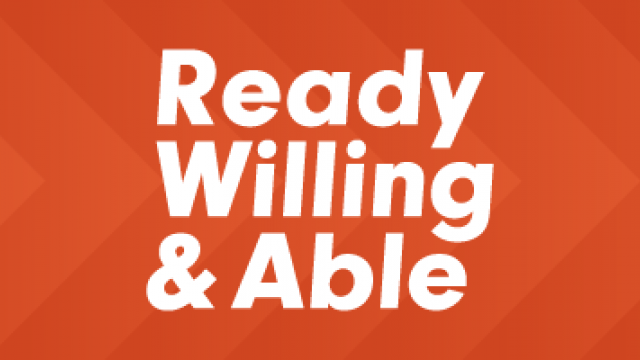
Creating inclusive job roles
Ensuring your hiring process is inclusive should never be an afterthought. Inclusion, equity and accessibility should be woven into the hiring process from the very beginning. That means ensuring that even before the job is advertised, that the role is open to as wide an audience as possible. The only limiting factor of the role should be the specialist skills required.
Follow the steps below to ensure that you identify your business’ vacancies effectively and create a role that works not only for your business, but also for potential employees.
Designing the job role
A productive business will have employees in the right place at the right time, with the correct skills needed to do the job. The last thing you want to have is someone who is either under or over qualified completing a task. The easiest way to ensure this doesn’t happen is to use ‘job design’ when creating a role.
Job design is a process in which a specialist role is created to free up time for other staff. This leads to better productivity and service delivery by ensuring those with professional skills are available to concentrate on tasks that may otherwise use the time of unskilled workers inefficiently.
For example, a vehicle repair garage employs skilled mechanics to carry out servicing and repairs. When the tasks are analysed, there may be some lower skilled jobs, such as general vehicle checks or valeting, that can be grouped together and undertaken by another individual. The skilled mechanics would then have more time to focus on technical problems allowing the whole team to be more productive and cost effective.
Support an internship or apprenticeship programme
For potential employees at the start of their employment journey, it can be difficult to prove they have the experience needed to complete a role. That doesn’t however mean that they don’t have the ability to learn. Consider whether the role can be part of an apprenticeship or internship programme. There is plenty of government funding available that allows you to support the skilled workers of the future.
Apprenticeships and internships also open up your potential candidate base, attracting people of all abilities. These programmes are especially useful for people with learning disabilities or special educational needs.
Using a programme that helps you nurture future talent can also build long term employee retention, potentially minimising turnover and maximising productivity.
Find out more
For more advice on ensuring that your hiring process is as inclusive as it can be from the outset, download our free factsheet or get in touch for more info from a specialist Ready, Willing and Able supported employment coach by emailing RWA@seeability.org.



